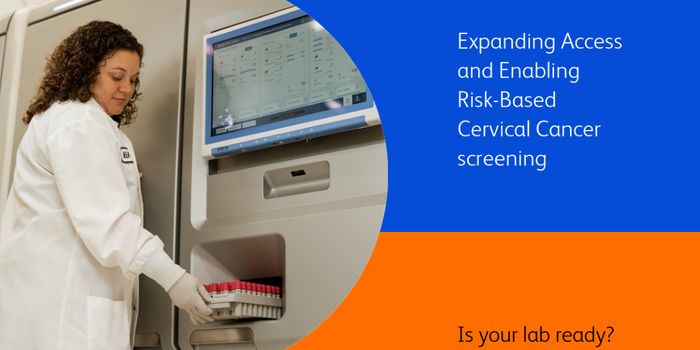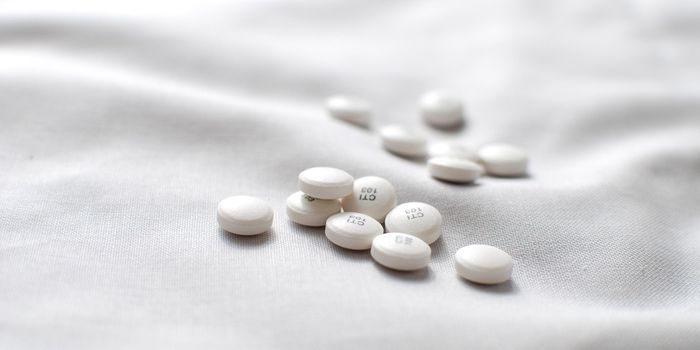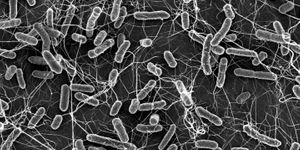Muscular Dystrophy Drug by Sarepta Therapeutics: Approval or Rejection by Drug Regulating Authorities?
Duchenne Muscular Dystrophy (DMD) is a rare, genetic disorder that hampers muscle movement and is the most common pediatric muscular dystrophy. It is a fatal X-linked (affecting mostly males) neuromuscular disease with a mutation in the dystrophin gene, without which muscles cannot maintain their membrane structure. Patients with DMD typically develop the condition before age five and usually do not live past the age of 30. The Duchenne affects approximately 1 in 5,000 live male births. About 20,000 children are diagnosed with Duchenne globally each year. A lack of dystrophin can cause life-threatening damage to the heart and lungs, and over time, death, often at a young age.
The two drugs Exondys 51 and Vyondys 53, developed by Serapta Therapeutics, Inc, Cambridge, Massachusetts underwent clinical trials for treating DMD patients. The two treatments work by a process known as exon-skipping, altering genetic expression to help patients produce a key-muscle building protein called dystrophin.
-
Exondys 51 is used to treat the 13% of DMD patients caused by an error in the DNA sequence (exon skipping) known as exon 51.
-
Vyondys 53 (Golodirsen) is designed to treat patients whose Duchenne is caused by an error in the DNA sequence known as exon 53.
The drug Exondys 51 got Food and Drug Administration (FDA) approval in 2016 and released into the market through the expedite pathway. This pathway provides earlier patient access to promising new drugs while the company conducts clinical trials to verify the predicted clinical benefit. Exondys 51 showed an increase in production of the dystrophin protein with not much-improved motor functions (clinical benefits) in patients.
FDA rejects Sarepta’s Golodirsen (Vyondys) for Duchenne muscular dystrophy: Why?
Based on the results of their study, Sarepta filed New Drug Application (NDA) to FDA in February 2019 for accelerated approval for Golodirsen, the second drug for DMD treatment.
4053-101, Phase I/II Study Results
-
The study analyzed the safety, tolerability pharmacokinetics, and efficacy of Golodirsen in 25 boys with confirmed deletions of the DMD gene responsive to exon 53 skipping.
-
The study showed statistically significant results in favor of golodirsen on all biological endpoints.
-
Patients treated with golodirsen showed significantly increased dystrophin production from .095% at baseline to 1.019% at week 48 (range: 0.09%-4.30%), and a significant mean change of .924% (P<.001).
-
SRP-4053 effectively skipped exon 53, which enabled the production of functional dystrophin.
To Serapta's surprise, the FDA rejected the application for accelerated approval of the DMD drug Vyondys 53 without issuing any warning.
After sudden disapproval of the second drug, Doug Ingram, the President, and Chief Executive Officer, Sarepta said, "The FDA agency did not raise any issues suggesting the "no-approval" of the drug. He added the FDA didn't raise any previous concerns regarding IV port infections or kidney toxicity."
A tweet by FDA Health News @FDAHealthNews on August 26, 2019
FDA cited in the Complete Response Letter to Sarepta the reasons for the rejection as:
a) the risk of infections related to intravenous infusion ports
b) renal toxicity was seen in pre-clinical models of Golodirsen.
Audio: A community discussion regarding the New Drug Application for golodirsen
Golodirsen is currently undergoing Phase III ESSENCE study (4045-301; NCT02500381), to assess the efficacy and safety of golodirsen in approximately 220 DMD patients.
“We will work with the Division to address the issues raised in the letter and, to the fullest extent possible, find an expeditious pathway forward for the approval of golodirsen. We know that the patient community is waiting,” said Doug Ingram, president and chief executive officer of Sarepta in a statement.
CentersforDiseaseControlandPrevention(CDC), DrugDiscovery, FDAHealthNews, ClinicalTrials.gov









